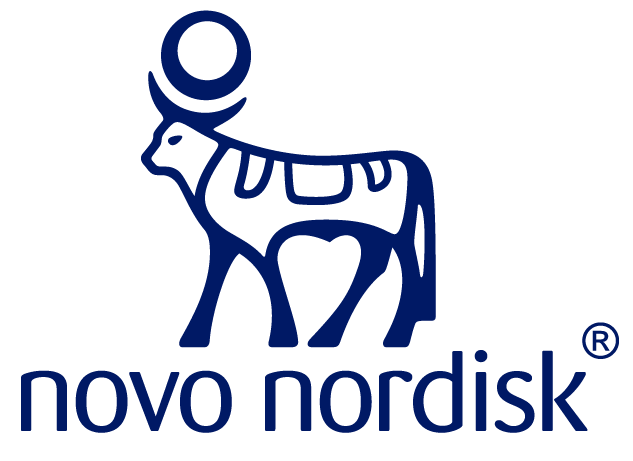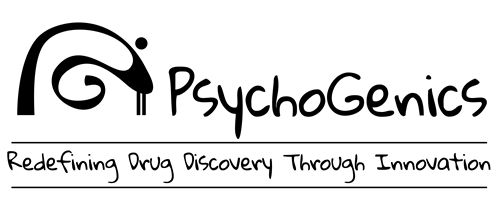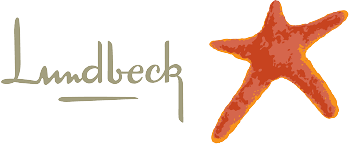Summary of the Neuro4D Conference,
May 27 & 28, 2024:
The Neuro4D Conference 2024 was attended by 51 participants from 13 countries. 15 Academic Presentations, 6 Drug Discovery Presentations, 4 Service Company Presentations, 8 Panel Discussions, and 8 Posters.
Chairpersons Janine Kutzsche, Neil Cashman & Oliver Peters gave comprehensive introductions to their fields during their 30 min presentations, after which the 15 min presentations and Q&As slots followed. The chair-led panel discussion at the end of each session was again the highlight for many attendees, with praise in person and in feedback forms. Short presentations and intense Q&A have proven most productive for the interaction of attendees. The poster session was in the adjacent room, as in past years. Posters were well appreciated during the breaks. Jan Uphoff of biomindz introduced attendees to the plans for new buildings for more biotech industry in Mainz.
As always, day 1 was largely preclinical with interesting new insights into the neurodegenerative disease process and new modes of action for pharmaceutical intervention. Similarities between many neurodegenerative diseases were highlighted and discussed. New insights pointed to deficiencies of the protein degradation machinery having a causal role in accumulation of misfolded proteins and their aggregates. Finally, we all enjoyed detailed explanation of the different binding sites of lecanemab and other therapeutic antibodies. We relaxed with a glass of pink champagne, or white cava, before proceeding to the BBQ dinner. Unfortunately, the weather was not as cooperative as typical for May, but we still enjoyed dinner on the terrace and live music of Julio Hierrezuelo and band. The mood was excellent and conversations were exciting.
Since our fourth chair Michael Heneka had COVID and could not attend, the presentations on Huntington’s disease and the lysosomal pathway had a bit more time, which was used for fruitful discussions. We learned about sFIDA as a novel technology to quantify low concentrations of protein aggregates, and the correlations with different clinical stages of disease. It became apparent that such quantification can help to predict disease long before clinical symptoms are recognized. The audience was interested to hear from Tzehow Mok about iatrogenic Alzheimer’s in patients who had received human cadaveric growth hormone therapy decades before, triggering a discussion about the safety of organ transplants and blood transfusions. These new insights again support the theory that human neurodegeneration is caused and spreading through misfolded proteins in a prion-like-manner.
The clinical session highlighted Lundbeck’s and Bioarctic’s progress in the treatment of Parkinson’s disease patients, and insights into the potential benefit of metabolic treatment for Alzheimer’s patients that is currently under investigation by Novo Nordisk. The final panel discussion covered a multitude of subjects, including the possible rejection of lecanemab by EMEA, after the success at FDA and the Japanese Pharmaceuticals and Medical Devices Agency, and the need for further investments into the field of neurodegeneration.
- Major Sponsors:
- Sponsors:
- Poster Prize presented at the International Neuro4D Conference 2024:
- The poster prize for the best presented approach in neurodegenerative disease drug discovery was selected by all participants and the Third Neuro4D poster prize 2024 was awarded to: Sara Reithofer from Gültekin Tamgüney’s group, from Jülich and the University of Düsseldorf, for: ‘D-peptides disrupting α-synuclein aggregates extend survival of mice modeling Parkinson’s disease’.
-
 D-peptides disrupting α-synuclein aggregates extend survival of mice modeling Parkinson’s disease (PDF)
D-peptides disrupting α-synuclein aggregates extend survival of mice modeling Parkinson’s disease (PDF)
- Evaluation Results:
- Feedback was entirely positive! We had asked if Neuro4D was fitting delegates conference budget, which was answered affirmatively by most delegates; however, a significant number would prefer a lower conference fee. At the same time, most participants wanted to keep the all-inclusive event organization. We will reconsider the format and pricing for next year to enable more delegates to participate. At the same time, it is clear that the interactivity and togetherness of the entire group is a major benefit of Neuro4D and a big success.
- Feedback Neuro4D Conference 2024:
-
Question*: Average Score #
(max 5, min1)Did you enjoy the venue and atmosphere? 5,0 Was the venue easy to reach for you? 4,6 Was the conference overall scientific content fulfilling your expectations? 4,7 How do you rate the quality of presentations, posters and speakers? 4,6 Does Neuro4D cover important aspects outside of existing conferences like ADPD, AAIC, SfN? 4,7 Quality of the organization, printed program and team? 5,0 Did you enjoy the breaks, meals, champagne reception? 4,9 Did you get to know important new business contacts? 3,9
* Open questions and their answers are not shown.
# Absence of vote was counted as lowest score ‘1’ - Advisory Committee:
-
Rakez Kayed, UTMB, Galveston, USA
Neil Cashman, ProMIS, Vancouver, Canada
Oliver Peters, Psychiatric Clinic, Frankfurt-Oder, Germany
Erich Wanker, Max Delbrück Centre, Berlin, Germany
Janine Kutzsche, Research Center Jülich, Germany
Manuel Buttini, U. Luxembourg, Luxembourg
Steffen Rossner, University of Leipzig, Germany - Organizer:
-
Dr. Andreas Köpke (bioExpert)
Tel: +49 6136 957 3000
info@bioexpert.biz







